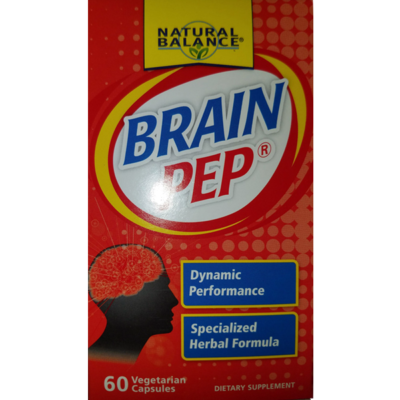Good Sleep
Nutrients help rebalance and improve sleep
What are sleep disorders?
There are many, but the four most common are
- insomnia
- a temporary halt to breathing
- irregular sleep-wake cycles
- restless leg syndrome.
Doctors also consider a sleep disorder regularly getting more than nine or less than seven hours of sleep a night.
Omega-6:3 ratio may predict disturbed sleep
In this large study, doctors measured the ratio of omega-6 to omega-3 fatty acids in the diets of 39,463 men and women. Overall, those who consumed high amounts of omega-6s, and who had greater omega-6:3 ratios were more likely to report sleep disorders and abnormally short sleep duration.
In men, those who consumed higher amounts of omega-3s were more likely to report normal sleep duration, and were less likely to have short or long sleep periods.
Compared to those without sleep disorders, those with sleep disorders tended to be older, are smokers, have depressive symptoms, are diabetic, and consume more alcohol and caffeine.
*Reference: Nutrients; 2021, Vol. 13, No. 5, 1475.
Melatonin reduced sleep disorders
In this study, doctors reviewed 23 random placebo-controlled clinical trials of melatonin on those with sleep disorders, including some who also reported respiratory diseases or metabolic disorders.
For those reporting sleep disorders only, compared to placebo, those taking melatonin saw a 3.2 percent improvement in sleep-quality scores. For those who also reported respiratory diseases, the melatonin group saw a 10.5 percent improvement in sleep-quality scores. And for those reporting metabolic disorders, such as diabetes, those taking melatonin saw a 13 percent improvement in sleep-quality scores.
*Reference: Journal of Neurology; 2021, s00415-020-10381
Getting good sleep
Discussing the sleep process, doctors said many factors, including aging, can reduce sleep efficiency, delay the onset of sleep at bedtime, and reduce the amount of the most restful deep sleep—known as slow-wave sleep. In this non-rapid-eye-movement (n-REM) phase, slow delta brain waves promote the release of hormones that help restore and rebalance bodily functions.








